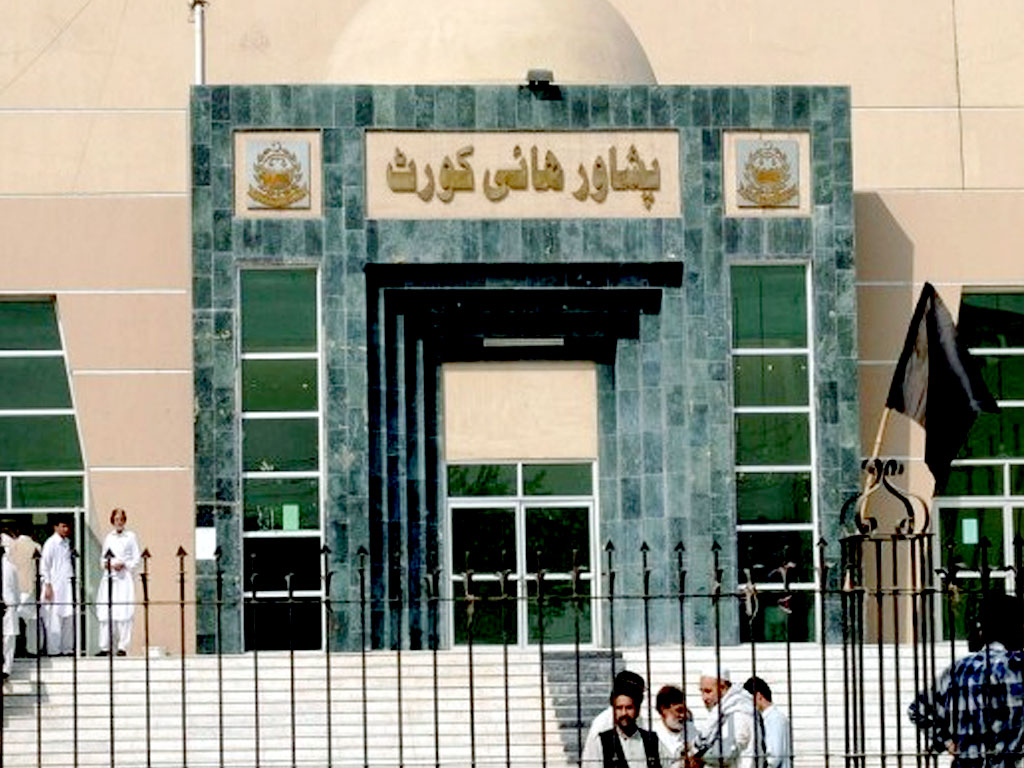Regular courts in tribal districts

That the colonial legacy in our tribal region has come to an end is a fact that has found its best expression in regular courts that will start delivering justice in all seven tribal districts within a week. Gone forever would be the antiquated Frontier Crimes Regulation (FCR), all-powerful Political Agents and the sickening practice of collective punishment. Twenty-eight judicial officers have taken charge and would start hearing cases as soon as arrangements for makeshift courts are in place. Each of the seven districts will have one district and sessions judge, two additional district and sessions judges and one civil judge. Since there are no court premises in any of the districts, these courts will start working from six urban centres - Hayatabad, Tank, Timergara, Shabqadar, Charsadda, Bannu and Hangu. In the meanwhile, Provincial Public Service Commission has been asked to recruit 24 civil judges and magistrates. Before hearing cases, the judicial officers will attend special training at KP Judicial Academy to make them conversant with customs and 'riwaj' prevalent in the merged districts and decide cases as per 'riwaj' during the transition period. The Peshawar High Court also directed the Academy to compile a compendium containing 'riwaj' of the newly-created districts. Given that the Peshawar High Court benches have stopped hearing cases relating to the tribal districts the newly established courts are expected to open their doors within this week. Jurisdiction of superior courts was extended to the tribal districts in May 2017, but same had not happened in case of lower courts.
These tribal districts, formerly called agencies, became part of Pakistan in 1948. It was the tribal leaders who came to Peshawar and at a function presided over by the Quaid-i-Azam offered their allegiance to the newly-established Pakistan. The Quaid welcomed these "Muslim brothers from across the border". And these brothers acquitted themselves like real Pakistanis the very next moment. If there is an Azad Kashmir today, it is essentially courtesy these tribal brothers who pushed back the Indian forces and had there been no ceasefire they would have captured the state's capital, Srinagar. That being the history our successive governments should have worked to mainstream the tribal areas as soon as possible. These governments, however, allowed this region to stew in its own colonial past. Even 60 years on the situation on ground was that the tribal areas were managed as hostile, no-go territory, as was the case in colonial days. The Afghan jihad generated thinking that tribal people should be pulled out of their medieval times and mainstreamed. How ironic however it is that the country's political elite worked harder to secure for it a better political future by enacting an all-encompassing 18th Amendment but it didn't do anything to mainstream the tribal region. It is no secret that the higher judiciary and army have helped actualize this breakthrough. Now that it has happened, no effort should be spared to make up for the lost time.





















Comments
Comments are closed.